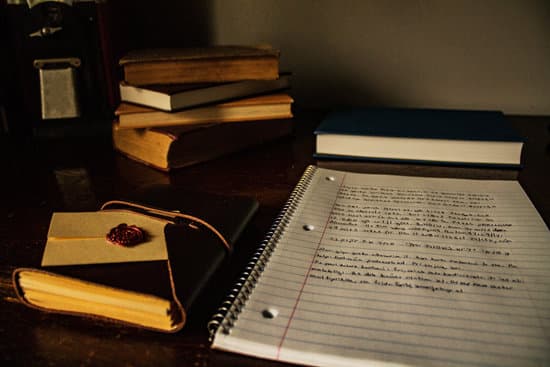Over the last few years, I’ve gathered several writing prompts and exercises that have been exponentially helpful for my writing. I’ve listed these prompts below with a brief explanation of the benefits and personal findings by using these prompts (or similar ones).
Mimicking Other Writers
- Find an example of some of your favorite writing (approximately 1-3 paragraphs worth of content).
- Reread this piece of writing aloud.
- Try to write in a similar fashion on a similar topic using similar sentence lengths, similar transitions, or similar description methods.

We often get stuck in the same writing style or voice, causing our writing to feel stale. This exercise allows us to practice writing the way the masters (or our role models) write. In this way, we learn new styles of writing, break out of our norm, and find new things to inspire us.
Think about it this way: dancers, singers, and other artists always start with learning about the masters and practicing basic patterns or techniques found in famous examples. So why shouldn’t writers do that too? Mimicking the writing of masters or role models may not be great for large projects, but it can get you started when you’re stuck or need inspiration.
Use a Muse

- Pick a favorite piece of art, preferably visual art.
- Give yourself about 2 minutes to review the artwork and identify or review some of its characteristics or traits.
- Write a story about this artwork. Maybe you write about the scene from the viewer’s perspective (as if they’re inside the artwork) or you write a story about the experience of the moment being portrayed. If there’s a person in the painting, then try writing about the scene from their perspective (if there’s a lot of people, chose one individual).
This prompt is just a visual example of any other writing prompt. Though, the reason this prompt can feel so powerful is because it’s a merging of different interactions with artwork.
I’m sure you’ve heard the phrase “a picture is worth a thousand words,” and this prompt challenges the phrase by incorporating POV, stance, and voice based on the content of the artwork. This prompt can be especially helpful if you’re utilizing multiple artforms or transitioning between mediums like sculpture, dance, writing, singing, and the like because it encourages the transference of artistic literacy.
Identification Practices
- Find an example of some of your favorite writing (this can be a short story, a poem, a chapter of a book. You’ll want it to be a bit longer).
- Reread this piece of writing aloud.
- Choose one thing this writing does well. This can be conflict, character development, description, chronological transitions, or otherwise.
- Go through this writing and physically annotate places the writer does this well. This can be through word choice, sentence length, structure, transition words, dialogue tags, and the like.

After you complete these steps, you can try writing in a similar fashion or apply the writer’s use of description or explanation to your own writing. However, this prompt is intended to be a helpful practice of identification, so can find strengths and weaknesses in your own writing.
This prompt requires careful reading analysis and comprehension and can be done frequently to better your writing process. It can also be used as a revising strategy as you work to implement writing techniques into your writing.
Reflection Questions

- Without writing or brainstorming, consider the following questions:
- Who/what are you writing about?
- Why is this important to you?
- What inspired your writing?
- What motivates you to keep writing and pursuing this project?
- What does it mean to write this story/poem/piece?
- After reflecting on these questions, take 5-10 minutes to write down your thoughts.
- Repeat for each individual question or a set of 2+ questions at a time.
As writers, we are contributing to a large community of literary professionals, scholars, readers, dreamers, and fellow writers. But if we don’t know what we’re doing in this community, it’s easy to lose motivation. Being able to answer these questions can help you find that motivation again and can also serve as a foundation for preparing pitches, biographies, talks, podcasts, and other important material as a writer.
These questions were posed to myself and other MFA students in one of my classes. The class itself is aimed to prepare us to graduate and interact in the literary community as professionals and experts in our craft. When these questions came up, I wasn’t sure what to do at first, but once I started writing, I found a new motivation to write and realized that talking about my writing is important.
